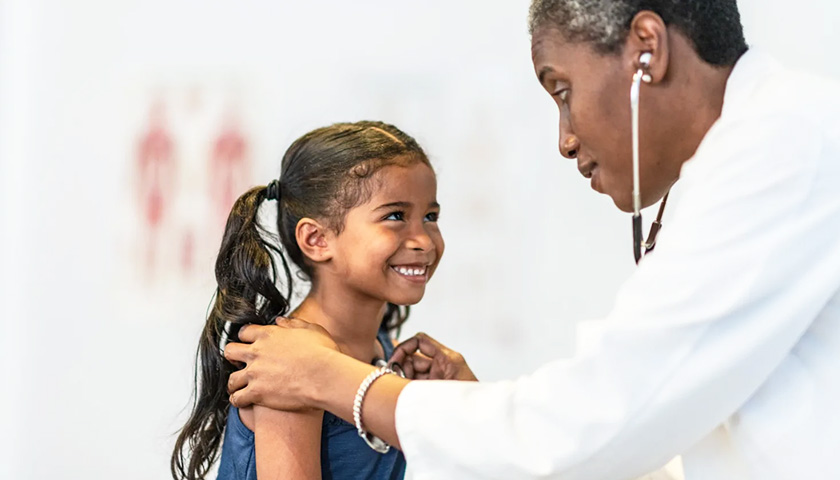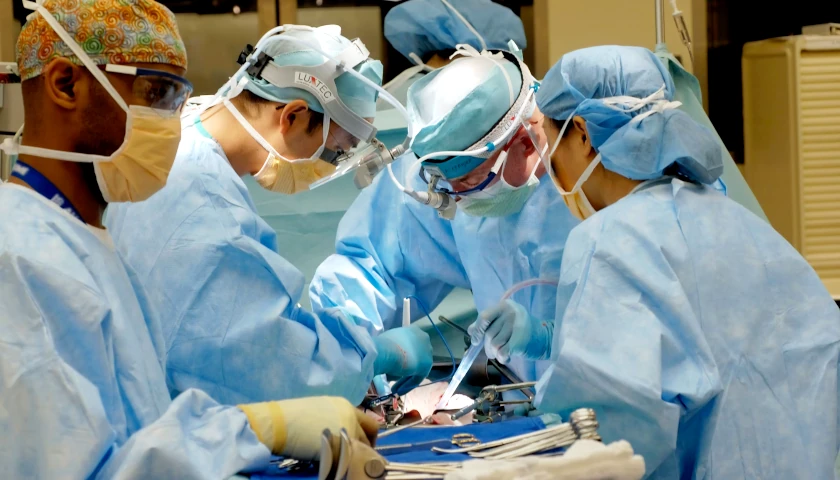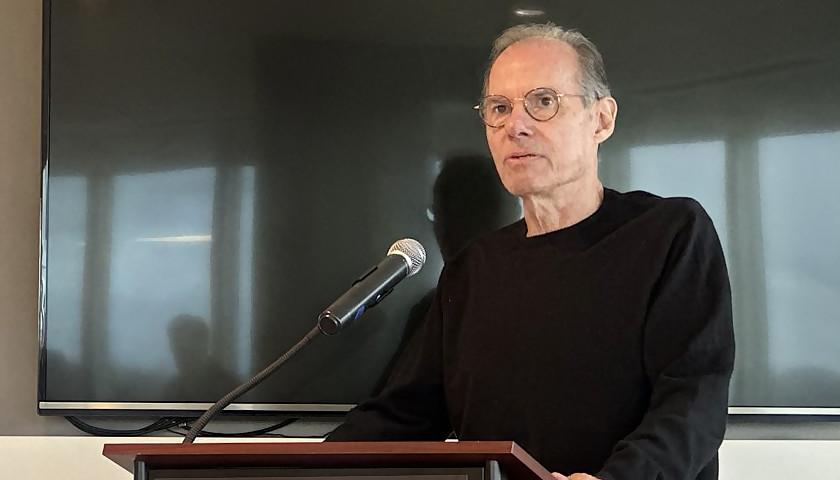by Logan Dubil
A viral video of Yale University’s Pediatric Gender Program Director has started a firestorm on social media after the Director revealed that children as young as three years-old are being treated with gender medical intervention.
In the video, Dr. Christy Olezeski, current Director of the program, reveals that the program “works with gender-expansive individuals 3 to 25 and their families,” and aims to “help individuals who are questioning their gender identity or who identify as transgender or non-binary.”
Olezeski also explains that medical intervention is offered by the program when it might help with a young patient’s “gender journey.”
“I love what I do, so it’s really really wonderful to be working in this field…and helping [youth who are gender diverse] on their gender journeys,” she concludes.
According to Olezeski’s faculty website, the Yale Pediatric Gender Program’s mission is to “provide comprehensive, interdisciplinary, family-centered care for children, adolescents and young adults questioning their assigned gender and/or seeking gender-affirming consultation and care in a compassionate, respectful and supportive environment.”
The full interview was reportedly posted on Yale Medicine’s YouTube page, then removed, as the video is now listed as “private.”
Yale University students weren’t pleased with Olezeski’s mission, either.
One Yale student, Zachary Thibodeaux, told Campus Reform that psychiatrists need to be considering the “long term ramifications” of medical interventions like this on minors.
“My concern with all of that is, what does she really mean by ‘treating’? If you mean helping people with gender dysphoria, I think that is a noble thing…but are you helping them I think is the real question,” Thibodeaux said.
He went on to emphasize that there are “few studies” on this sort of medical intervention, and questioned why we treat gender dysphoria differently from other similar psychiatric conditions.
“If you are giving them treatments that are untested, that are really unproven, and you are psychologically affirming a subjective feeling that goes against their objective biology, then I think you have some serious problems,” Thibodeux elaborated.
“Especially if you look at something like anorexia, which we don’t affirm…If a girl is very skinny, and starving herself, we don’t say ‘Oh yes, you are fat.’ We don’t do that with schizophrenia either, by saying ‘Yes…what you’re seeing, the voices you’re hearing, that’s real.’ We don’t do that in any other sense. So I would be concerned with doing that, especially with very young children, who are very prone to suggestion.”
Another Yale student, who requested to remain anonymous, was not aware that such a program existed at his university.
“I was not aware that Yale had a Yale Pediatric Gender Program and am quite shocked that such an institution exists,” the student told Campus Reform.
The student said that he was “abhorred and disgusted” by the program and the viral video.
He compared the “so-called medical intervention” to “nothing more than a euphemism for child endangerment.”
Campus Reform reached out to Yale University, Ms. Olezeski, and Yale’s Pediatric Gender Program for comment. This article will be updated accordingly.
– – –
Logan Dubil is a Senior Pennsylvania Correspondent for Campus Reform. He is currently a senior at Point Park University majoring in marketing and sales as well as minoring in political science. Throughout high school and his early years of college, Logan’s passion for journalism and conservatism saw a significant spike, which led him to apply for the Campus Reform Correspondent Program. Besides writing, Logan is vocal on Twitter and other social media platforms about the world of politics.
Photo “Yale Pediatrics” by Yale Medicine.








